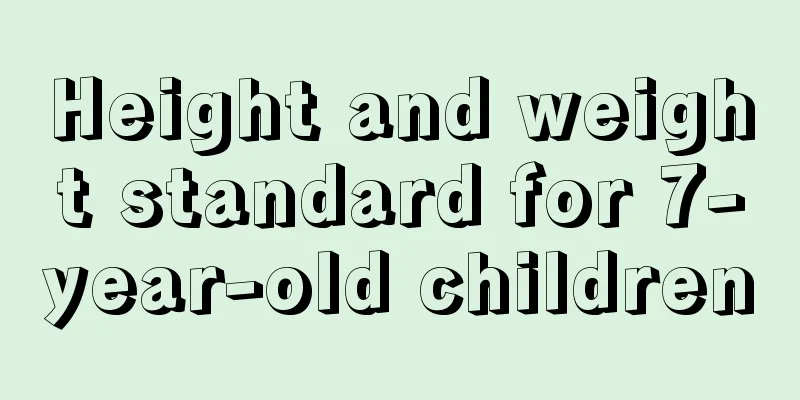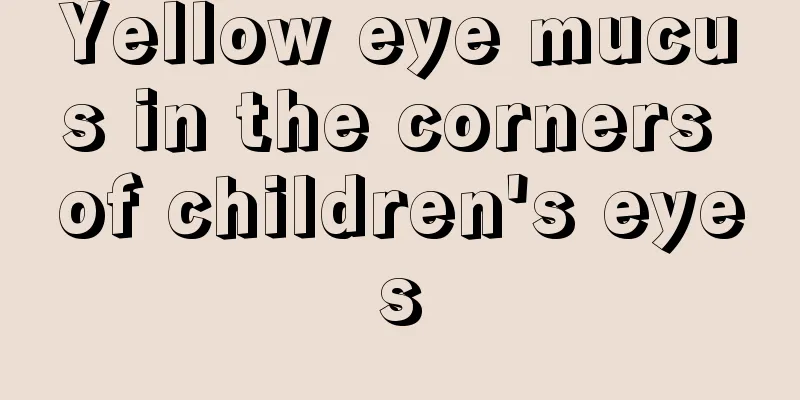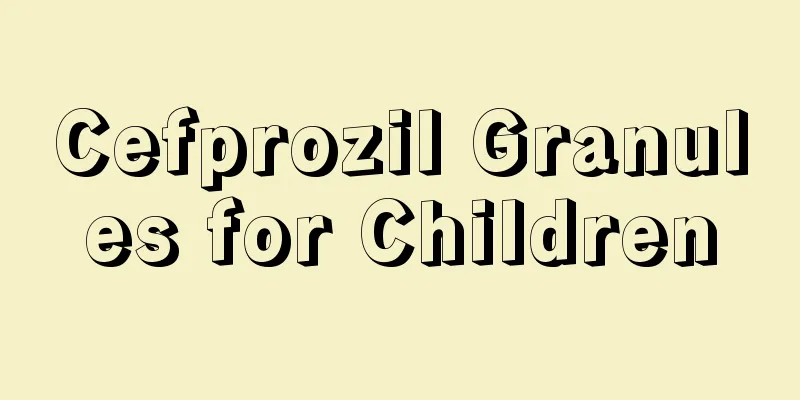What are growing pains?

|
Growing pains are actually some pain problems around the knee joints or the front of the calves of children. This will seriously affect the child's future healthy growth and life. Therefore, when facing this problem, we must pay attention to actively receiving treatment. Now let us take a look at the introduction of growing pains. I hope that everyone can fully understand and understand it from these introductions to ensure the healthy growth of children. Children will always have various problems during their growth, and parents must not panic at this time, because if they panic, it will not only be unfavorable for treatment but will bring more adverse effects. I hope parents can pay attention to these issues. "Growing pains" refer to pain around the knee joint or the front of the calf in children. There is no history of trauma to these areas, the activities are normal, and there is no redness, swelling or tenderness in the local tissues. After the examination, the possibility that the child had other diseases was ruled out, and it could be considered as "growing pains". Growing pains occur mostly because children are relatively active, their long bones grow quickly, and this is not coordinated with the growth and development of local muscles and tendons, leading to physiological pain. The cause of "growing pains" is not yet clear, but it may be related to bone growth. It is generally believed that children's bones have problems adapting to the surrounding muscles and tissues during their growth. Because dense connective tissues such as joint capsules, ligaments, and tendons have weak elasticity, their adaptability to stretching is relatively poor. Around the age of 6-14, there is a stage of rapid bone growth. When the growth of bones is not in line with the surrounding dense connective tissue, it may stimulate the joint capsule and periosteum where nerve endings are richly distributed and cause pain. This pain is mostly located around the knee joints. A few children also have pain in the muscles near the thighs and calves or in the ankles. The characteristics of this type of "growing pain" are that the pain occurs at a fixed site, there is no redness or swelling in the local tissue, and the joints can move freely and without restriction. Generally speaking, growing pains are mild, but some children are more sensitive to pain and feel a lot of pain. Growing pains in children are a physiological phenomenon and do not require special treatment. As the child grows older, the pain will gradually decrease and will heal naturally after puberty. When growing pains occur, you can take symptomatic treatments such as reducing the child's activity, getting more rest, local massage, hot compresses, and external application of pain-relieving ointments. Oral vitamin C also has certain benefits. Growing pains are actually a phenomenon that many children will experience during their growth stage. At this time, parents should pay more attention to their children's healthy growth issues, especially when they find that they have similar symptoms or manifestations. They must actively help them with treatment to reduce the harm caused by this disease. |
<<: Weight loss methods for obese children
>>: Symptoms of autism in babies
Recommend
What causes a baby to walk with crooked feet?
Seeing the baby start to learn to walk, the whole...
What to do if your baby retches while eating
Babies are a piece of flesh that falls from their...
Treatment of true precocious puberty
Because people's living standards are much hi...
My child's eyes itch and he keeps blinking.
We all know that spring is a high-incidence perio...
What to do if your baby has a red butthole
As we all know, in the process of caring for babi...
What are the symptoms of chronic rhinitis in children?
Children's bodies are very fragile, and they ...
The consequences of parental favoritism
As a family and as elders, you must know several ...
What is the appropriate age for children to undergo phimosis surgery?
What is the appropriate age for children to under...
What are the symptoms of poor brain development?
Clinicians now recommend that women go to the hos...
Three major snack culprits that damage baby's intelligence
It is children’s favorite food, but now many snac...
How to quickly reduce swelling on baby's forehead?
The safety of infants is an issue that parents at...
Can children eat bananas when they have a cold or fever?
There are many dietary precautions for children w...
Causes and treatments of enlarged tonsils in children
Enlarged tonsils in children may be caused by bac...
Do nine-month-old babies need calcium supplements?
Calcium supplementation is most important during ...
Is urobilinogen I jaundice?
When talking about jaundice, many people will imm...









